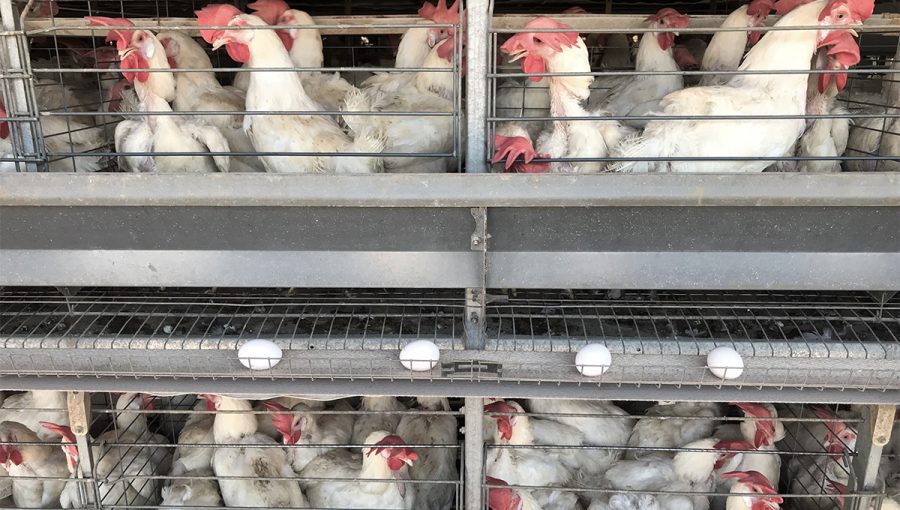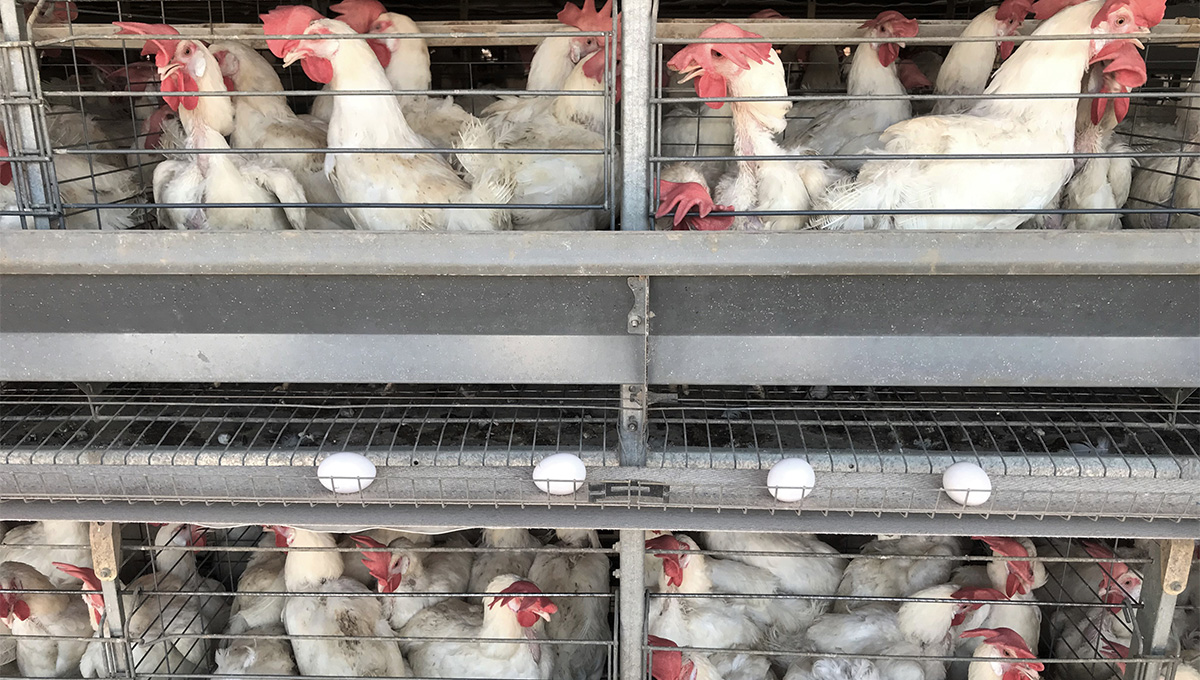
Tens of Millions of Farmed Animals Dying Due to Loadshedding in South Africa
Tens of millions of chickens, pigs, cows and fish are suffering in South Africa due to intermittent power outages, or load shedding, warns animal protection organization, Humane Society International/Africa. Local load shedding is being increased to level six, with rollouts of up to four and a half hours occurring continuously, vastly increasing the risk of […]

Tens of millions of chickens, pigs, cows and fish are suffering in South Africa due to intermittent power outages, or load shedding, warns animal protection organization, Humane Society International/Africa. Local load shedding is being increased to level six, with rollouts of up to four and a half hours occurring continuously, vastly increasing the risk of huge numbers of animals enduring overheating, stress, illness and painful deaths due to the lack of electricity-dependent ventilation, lighting and temperature control. HSI/Africa urges the government, producers, and the general public to take account of these animals suffering and act to improve their welfare.
In the last six weeks, 10 million day-old chicks have been culled, and at least 40,000 birds have died due to disruptions caused by persistent load shedding. While concern for the impact on producers and farmworkers is rightly vocalised, the lethal impact on animals is being overlooked. The animal welfare impacts are most acutely felt in intensive production systems where the animals’ unnatural and automated environment is dependent on a constant supply of electricity.
Candice Blom, farmed animal specialist for HSI/Africa, says: “Animals are individual, sentient beings whose welfare matters. The well-being of millions of animals is a serious concern, along with the economic loss, food insecurity and food price increases relating to loadshedding. Extreme confinement is a defining feature of factory farms that millions of creatures across South Africa are already enduring. Now their suffering is made even worse due to the lack of power. This emergency situation underlines that it is simply not sustainable to continue producing food in this way. Disease outbreaks, events like veld fires and droughts, and now loadshedding, all put the animal agriculture industry in a permanent state of crisis with devastating effects on farmed animals.”
Loadshedding is nothing new to South Africa, with the first rolling blackouts having occurred in January 2008. By now farmers should have a disaster management plan in place to avoid unnecessary suffering and the destruction of animals when power supplies are disrupted. Policymakers should require that farmers create and implement those plans.
It is also time for the South African government to rethink and support changes to our food system and for farmers to move away from intensive animal production. The public can help by making humane food choices that will not only help improve the welfare of farmed animals but decrease food insecurity in South Africa too, by choosing plant-based alternatives to animal proteins.
HSI/Africa, through its Green Monday SA program, assists institutional and corporate kitchens to shift towards greener menus. For more information on how to implement the Green Monday SA program at their places of work, schools, universities or restaurants, the public can visit greenmondayza.org or email info@greenmonday.co.za.
